If you’re new to duck hunting, it’s difficult to know exactly what you need, what you don’t, and to fight that feeling that you’re one piece of gear away from really doing it right. It’s easy to feel overwhelmed, a feeling not unique to beginners. Every waterfowler, regardless of experience level, goes through this from time to time. Be encouraged. You’re in good company.
Wide-eyed and full of enthusiasm, you immerse yourself into every facet of duck hunting. The obsession grows as you read and watch as much as you can. You want to learn and grow in skill. It’s understandable, as well, to have a desire to be respected as a waterfowler and to gain the acceptance of other hunters – particularly those you look up to.
There are many lists out there that want to give you the “10 Things You Need to Have/Do for Duck Hunting” or “10 Essential Pieces of Gear…” I’m not here to say that those are wrong or that they aren’t helpful. I am here to say that unless you have the right perspective about those things, those lists will only serve as a distraction from your development as a waterfowler. In an effort to close the skills gap, you may start looking for shortcuts. Trouble is, there aren’t any.
The most important tool in your duck hunting arsenal is you. You are a beginner. Most articles tell you how not to be a beginner any more. That is the goal, certainly, but don’t rush it and miss out on developing a strong foundation.
Here are five ways to be the best beginner you can be and let time in the field take you from beginner to veteran.
(1) Read and Do Your Homework
If you’re on Endless Migration, you’ve come to great place! Keep exploring the site and also check out other publications such as Ramsey Russell’s GetDucks.com, Delta Waterfowl, and Wildfowl magazine. They are loaded with stories that will educate you and get you excited for the season to come. Learn as much as you can about the waterfowl species you pursue. The more you know, the more you will appreciate these wonderful birds. Know your fowl. Check out our Waterfowl Species Profiles (linked below.)
(2) Seek a Mentor
When we are new to something, we are soft clay in the hands of a potter. The challenge, then, is to make sure that we are being molded and fashioned by a skilled craftsman. Find someone you know and trust. Ask him or her to teach you and be ready to absorb as much as you can. A good mentor is the closest thing to a shortcut one can find.
(3) Listen – God Gave You Two Ears and One Mouth
Be quick to hear and slow to speak. Sounds simple enough, right? It can be a real challenge. We need to mature past the desire to be understood and seek, instead, to understand. I’m preaching to myself here as much as I am to you. It is so often my desire, when someone is showing me how to do it the right way, to explain why I did it the wrong way. Really, it doesn’t matter why you did it the wrong way. The ducks won’t be called in to the decoys by good intentions alone! Listen. Take instruction. If after you’ve tried their way and it still doesn’t work for you, try it your way. If Mike Trout was teaching you how to swing a bat, I doubt you’d look at him and say, “Thanks, Mike, but this is how I hold the bat.” Granted, you probably won’t be learning from the Mike Trout of duck hunting, but if you’re new to duck hunting, he might as well be. I think you understand my point.
(4) Get Up – Get Out – Get Going
While a certain amount of “classroom hours” is important to your development as a waterfowler, no amount of text, type, or podcasts can replace experience in the field. You wouldn’t learn how to fly a plane merely by reading the textbook. Put your phone down, get out there, and see what you’ve got.
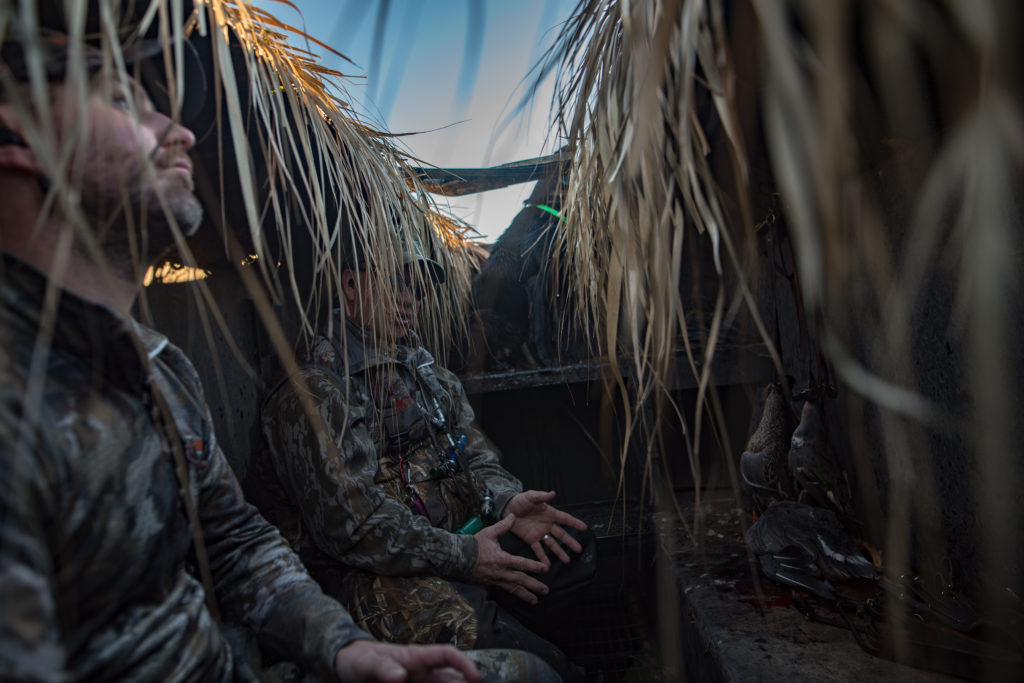
If you don’t experience the success you imagined, don’t think that the right jacket from the right brand, or the right gun, or the right call, or the newest decoys will make you a better hunter or close your skills gap. Truth is, that particular jacket, gun, decoy set, that [fill in the blank] is nice and helps, but so far as I know, no duck has ever been killed by a jacket.
Those tools are only as effective as the skill of the individual using them will allow. Your gear should enhance the skills you already have, make you more comfortable in the field, and perhaps, make you incrementally better than before. You’ll have to weigh out what you need with what you can afford. Good gear doesn’t make a knife; it sharpens the blade.
So borrow a pair of waders, find an old army-issue Gore-Tex rain shell from the army surplus store, and take the money that you saved on gear and put it in your gas tank, hunting licenses, and shells instead. Get out there!
(5) Relax and Be Patient
Embrace the title of “beginner.” You will find that there are a great many people who will be willing to share their knowledge with someone who is willing to learn. Be patient and have realistic expectations. Understand that each time you flare a bird because you hit a note wrong, you’ll get better. Don’t be outcome dependent. It will frustrate you and may spoil your experience.
Don’t get discouraged. Duck hunting, as is the case with most things in life, is full of subtleties and idiosyncrasies that you’ll only begin to pick up with experience. You’ll fail a lot. In doing so, you’ll learn.
If you consider yourself to be an experienced hunter, go find something that makes you feel like a beginner. Don’t let your pride get in the way of becoming a more well-rounded hunter. If you’ve hunted for a long time, you might not have learned to call because your buddy always does and you’re the jerk string guy. Pick up a call and hand your buddy the jerk cord. Be a beginner in that.
You may find that this will help you empathize with the “newbies” who don’t know what they are doing. Hopefully, this will inspire you to reach out to those folks you see struggling and offer some advice without condescension.
To you beginners (both those first timers and those seeking to become “new beginners”), do your best to educate yourselves, to seek a mentor, to listen, and to get out there and just do it. Exercise humility and patience by approaching your education and experiences with eagerness and a sense of wonder.
Don’t let the details distract you from enjoying some of the most beautiful places and sights that most people will sleep through every morning. I think you’ll find that you will learn more quickly and your enjoyment will abound, as will that of those with whom you call the fields, marshes, and flooded timber “home.”
Learn from your mistakes, revel in your success, and absorb as much as you can from those around you.
Last modified: July 19, 2022


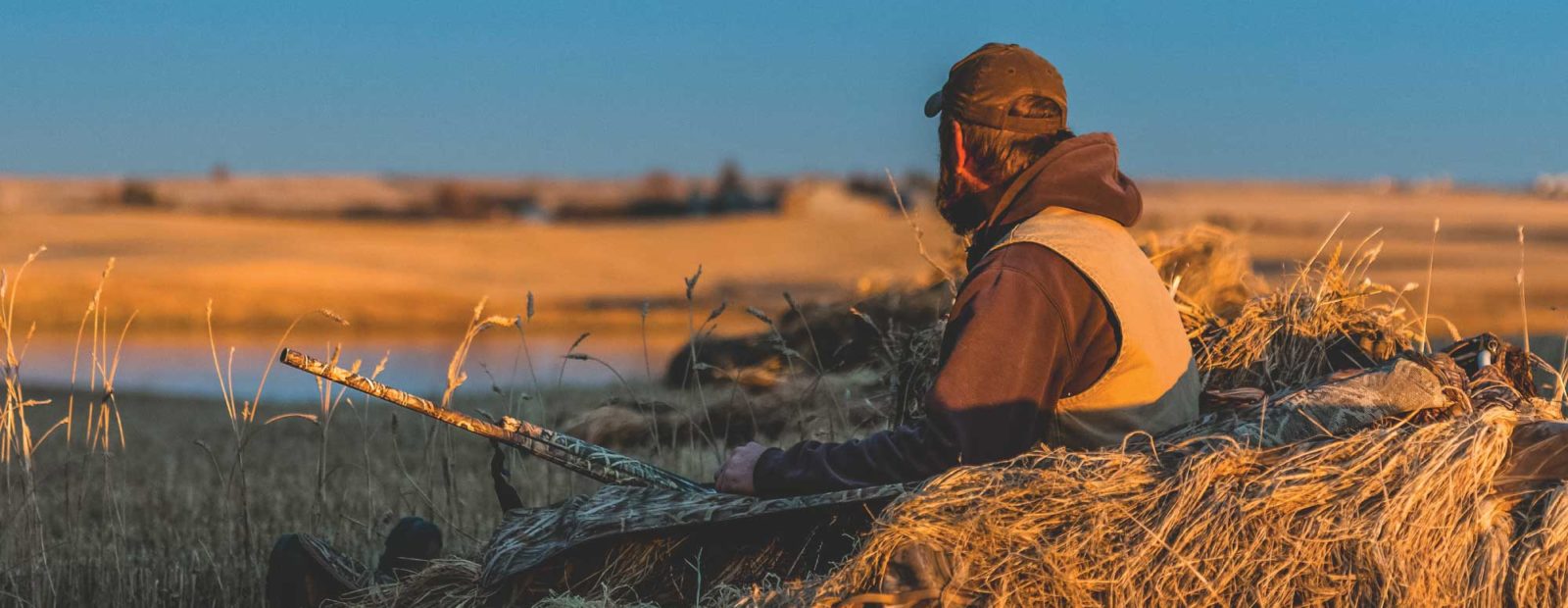


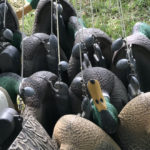
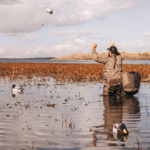
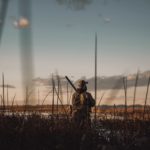


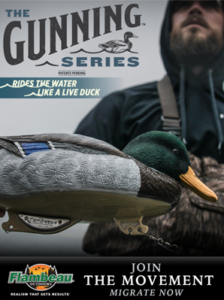

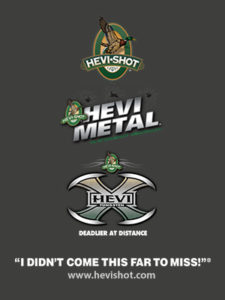

0 Responses to :
Beginner’s Guide: The Most Important Tool